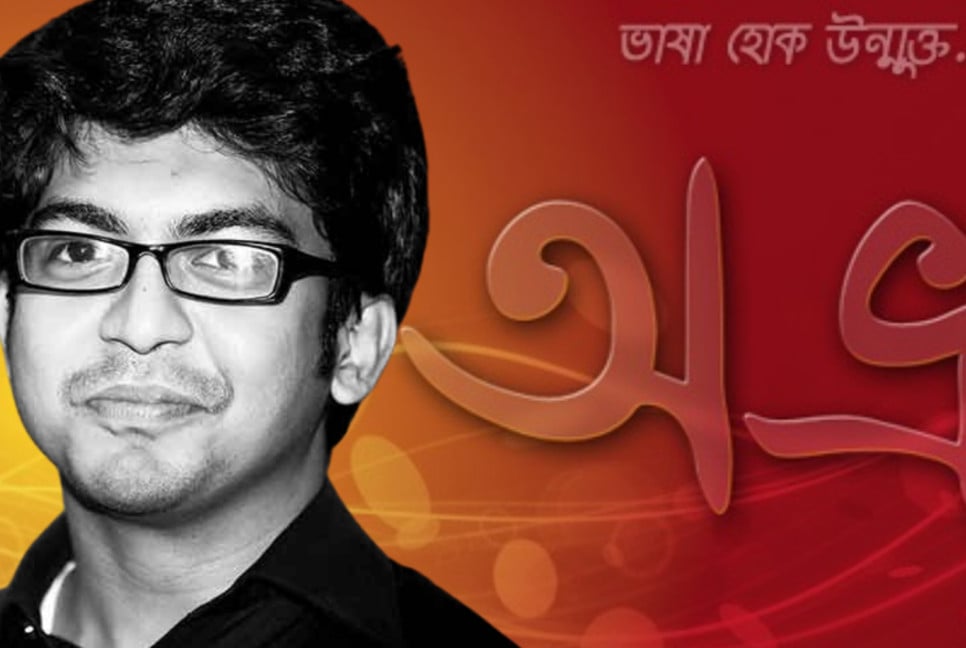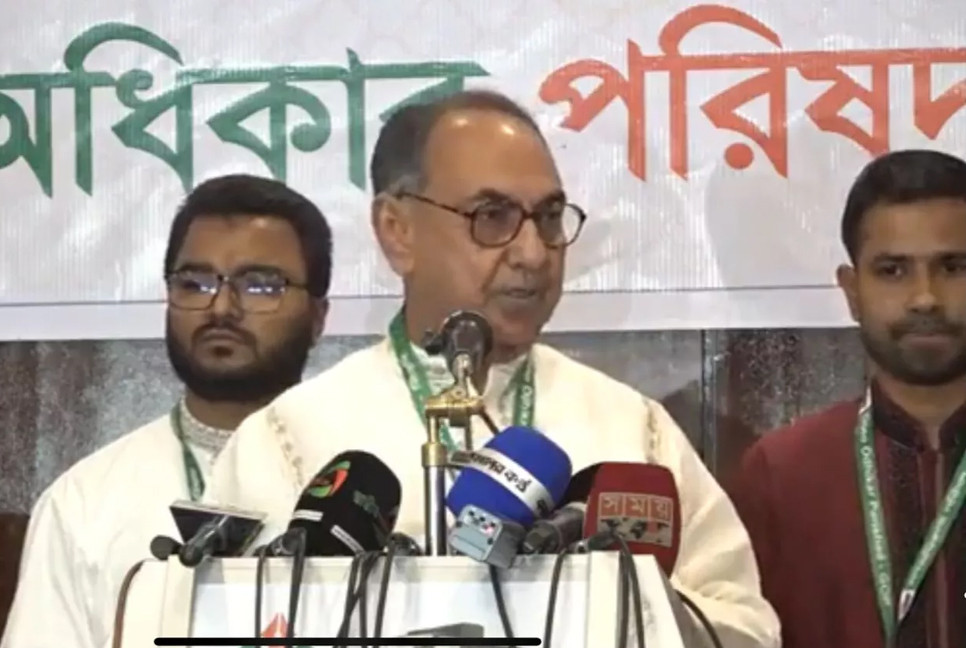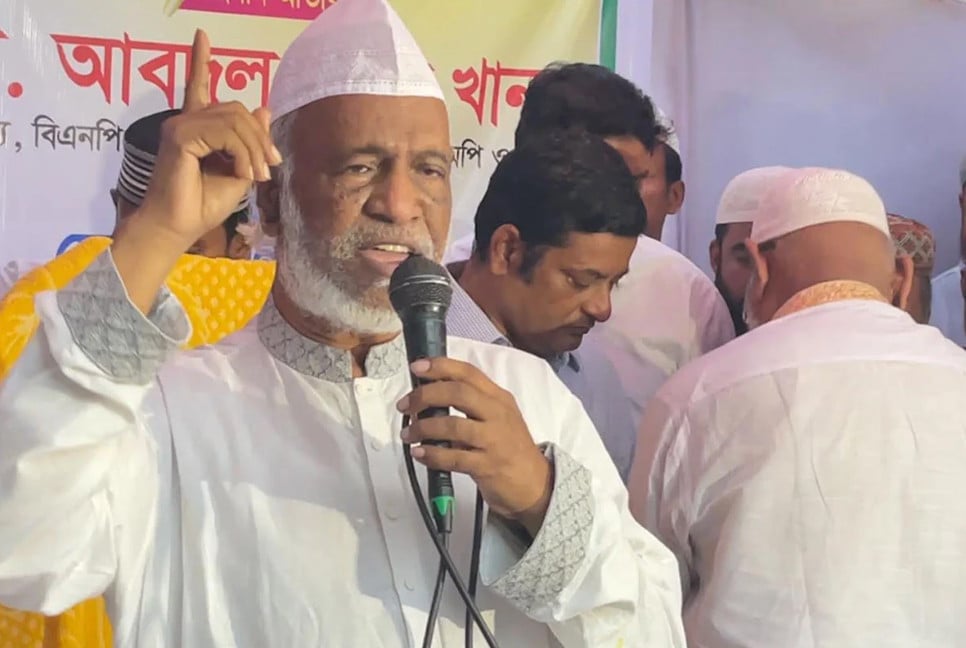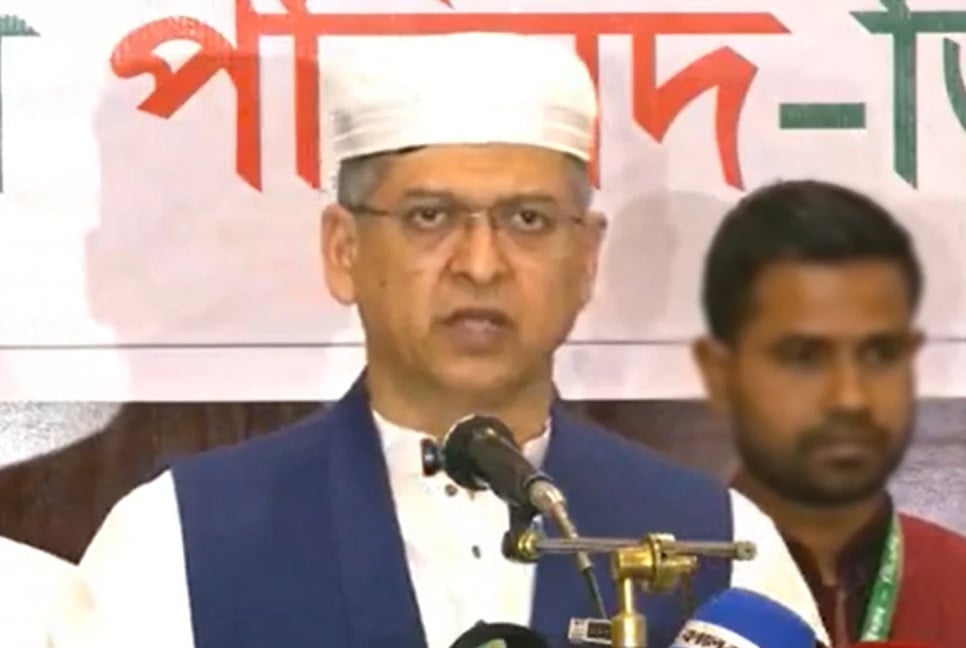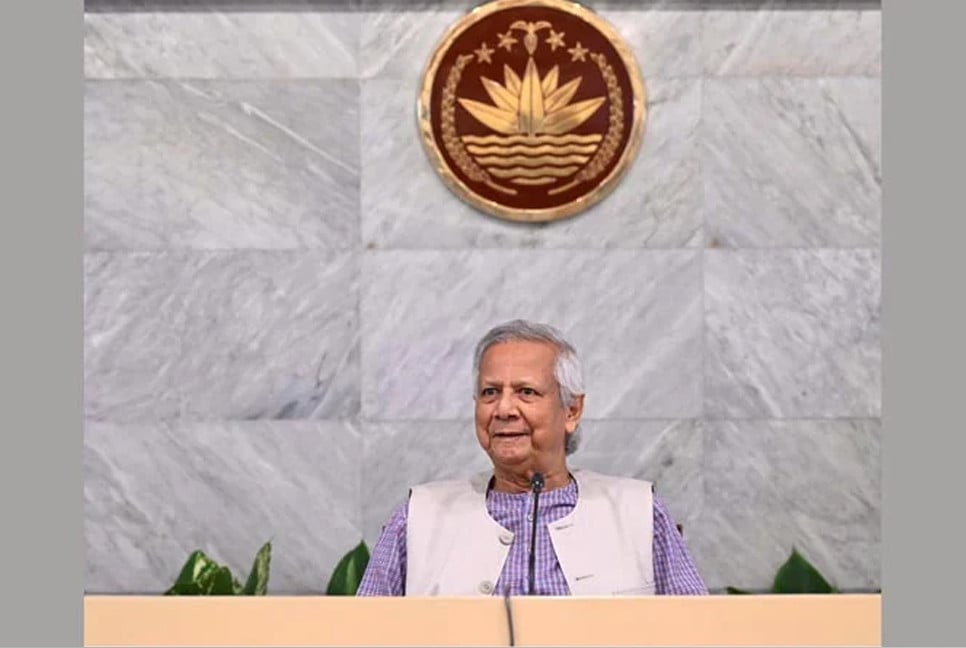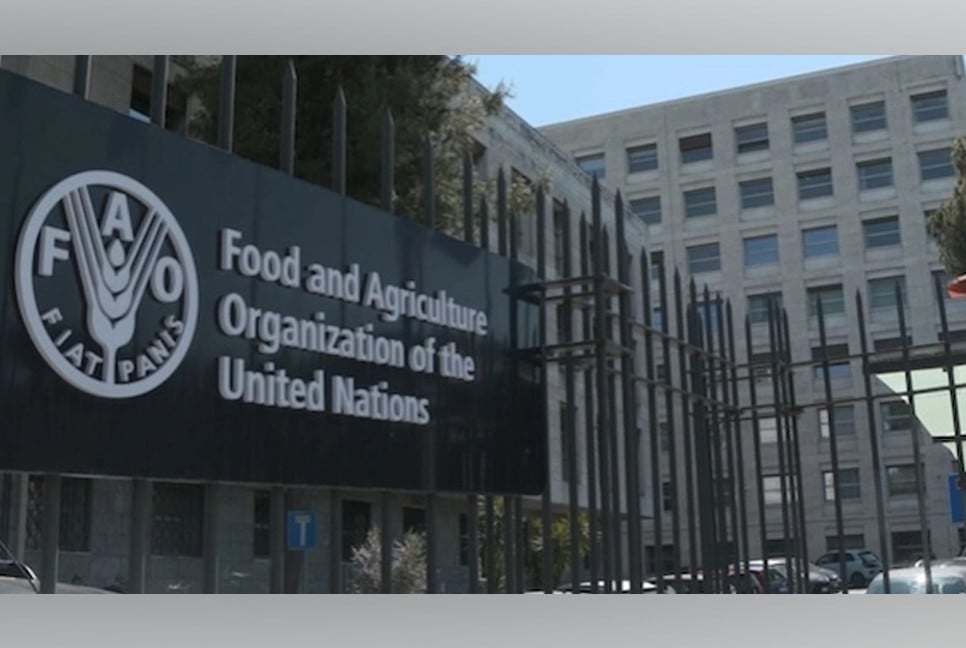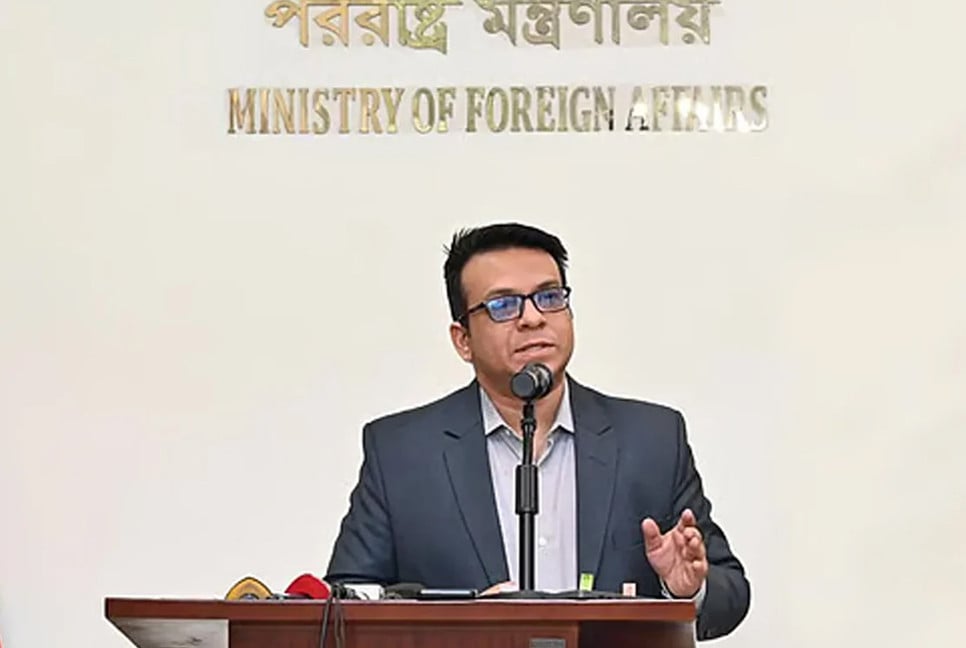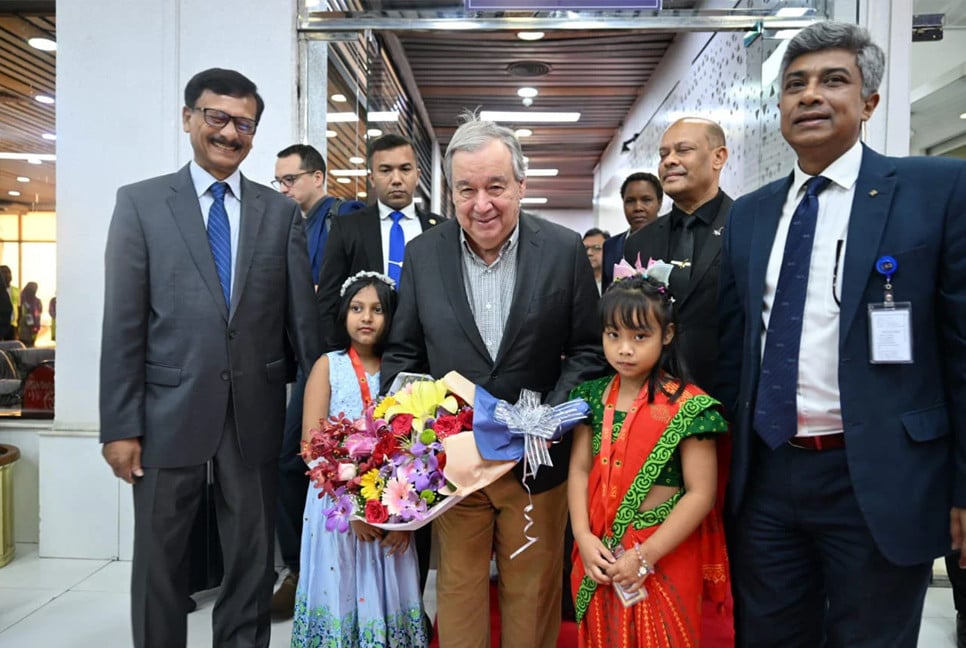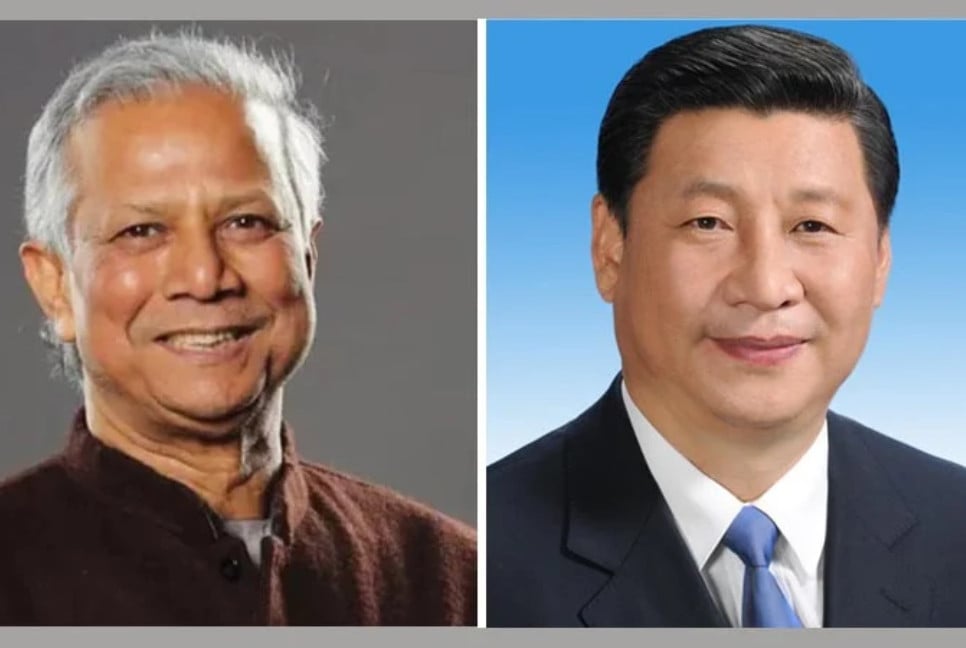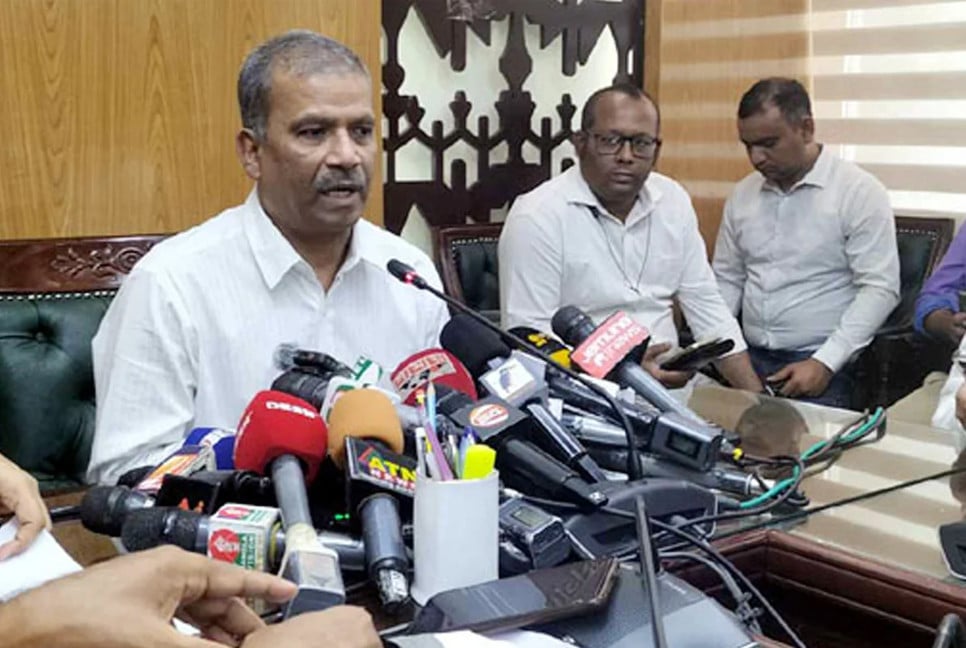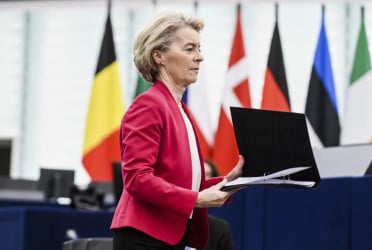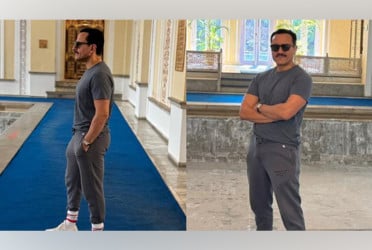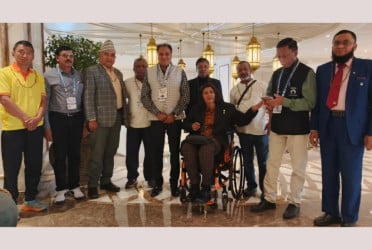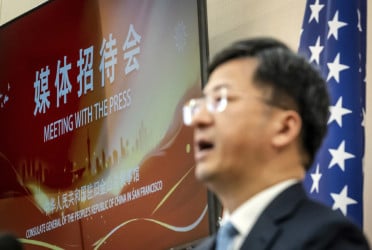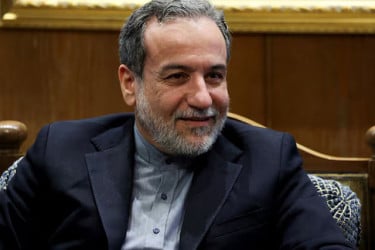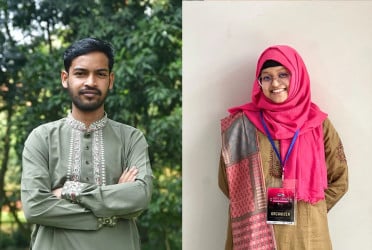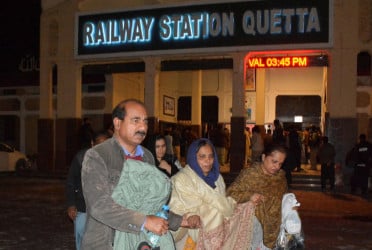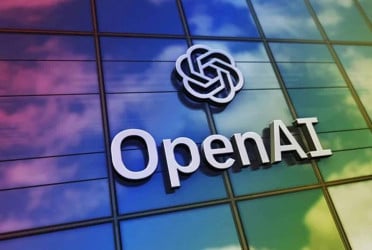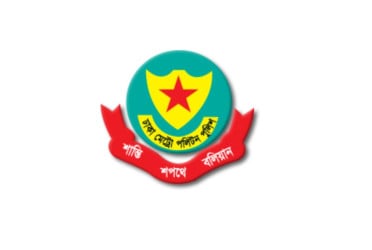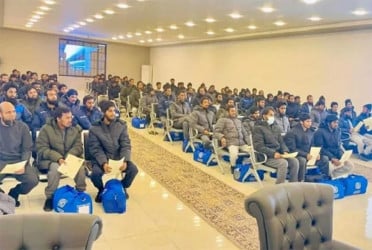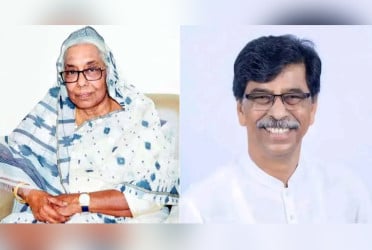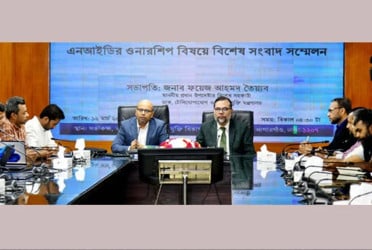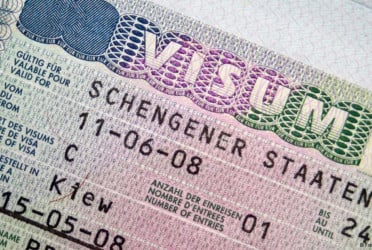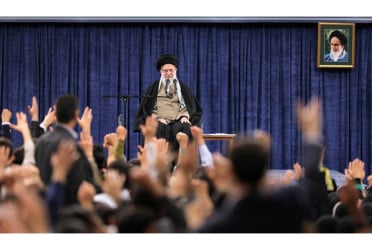Cultural Adviser Mostofa Sarwar Farooki revealed on Sunday that Mehdi Hasan Khan, the creator of the widely popular Bengali typing software Avro Keyboard who was initially reluctant to accept the Ekushey Padak individually, has finally agreed to receive the Ekushey Padak - however, as a team with Avro’s three other major collaborators.
"We already knew Mehdi Hasan Khan wasn’t keen on accepting the award. He had been approached before, but declined," Farooki stated. "Despite being aware of this, we in the cabinet decided to announce the award for him, as it was our way of conveying who we choose to celebrate."
According to Farooki, Mehdi initially remained firm in his stance when approached again this year but finally agreed to accept the award. However, he made it clear that he would not take sole credit for Avro's success and insisted on sharing the honor with his three collaborators - Rifat Nabi, Tanbin Islam Siyam, and Shabab Mustafa, who also played pivotal roles in developing the software.
"We are delighted to announce that the Ekushey Padak will be awarded to all four of these remarkable individuals as a team for their collective contribution to Avro," Farooki said, adding that the four friends, currently living in different parts of the world, will return to Bangladesh to receive the award together.
"Can’t wait to welcome them all, and I am sure this recognition will inspire countless young people to move forward, no matter the challenges, and to succeed together. Bangladesh, onwards and upwards,” the Cultural Adviser wrote in his Facebook post.
Earlier on Sunday from Avro Keyboard’s Facebook page, Mehdi Hasan Khan also confirmed the news and shared the story of Avro's inception in 2003, when he was an unknown name in the world of Bangla computing. Driven by a mission to solve technical issues related to the emerging Unicode standard, Mehdi established an online forum where users could seek solutions for their typing and software-related problems.
"People started bringing their issues to the forum, and I worked on solutions or released updates to fix bugs," Mehdi wrote, while mentioning that others also eventually joined him, contributing to the project without any personal gain. "I didn’t know them, nor did they know me, but they believed in Avro’s mission," he added.
The team, mostly students at the time, collaborated to create Bangla fonts and software, addressing the technical challenges of the era. Despite facing obstacles, Mehdi credited the team's selflessness and dedication for Avro's success, as he stated: "Selfish people couldn’t stop us, no matter how hard they tried."
Reflecting on the Ekushey Padak recognition, Mehdi emphasized that the achievement belongs to the entire team. "From start to finish, I couldn’t accept this honor without Rifat, Siyam, and Shabab, who have been integral to Avro’s journey," he wrote, expressing gratitude to the committee for understanding this collective effort.
Mehdi also acknowledged the long-standing online campaigns advocating for Avro's recognition, saying, "The award is a symbol, but the real treasure has been the friendships and teamwork along the way."
Additionally, Mehdi lauded the government's move to honor the Bangladesh Women’s Football Team with the Ekushey Padak this year and called for a continuation of such recognition for collective efforts.
As Avro Keyboard remains an enduring symbol of innovation in Bangla computing, Mehdi expressed hope that the team’s collaboration will serve as an example for future generations, in his statement on Facebook.
Source: UNB
Bd-pratidin English/ Afia

